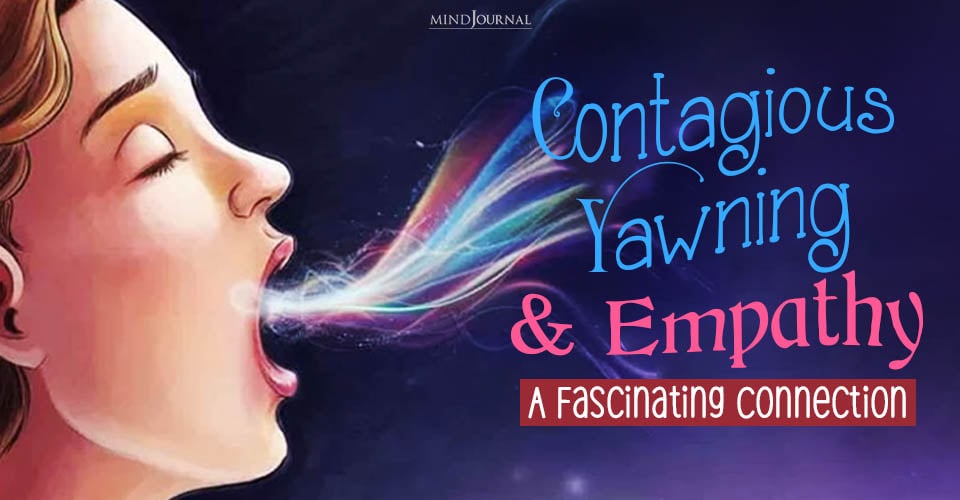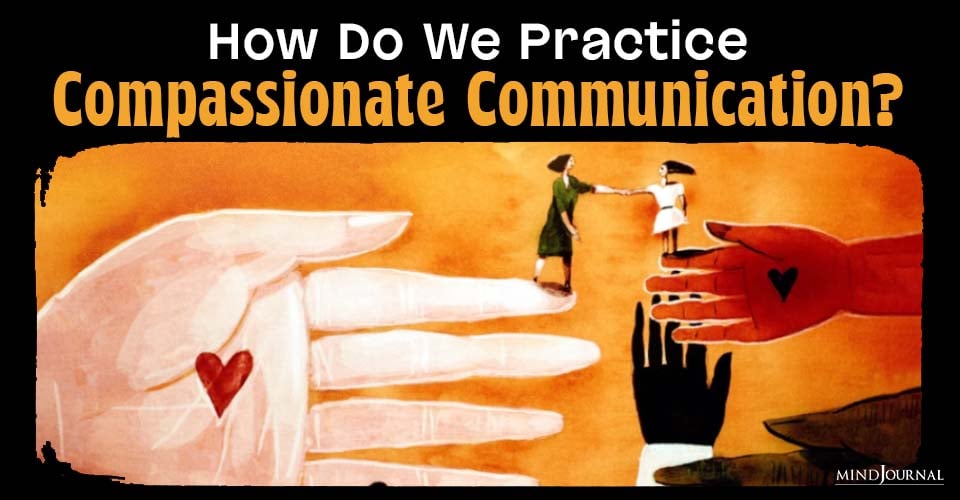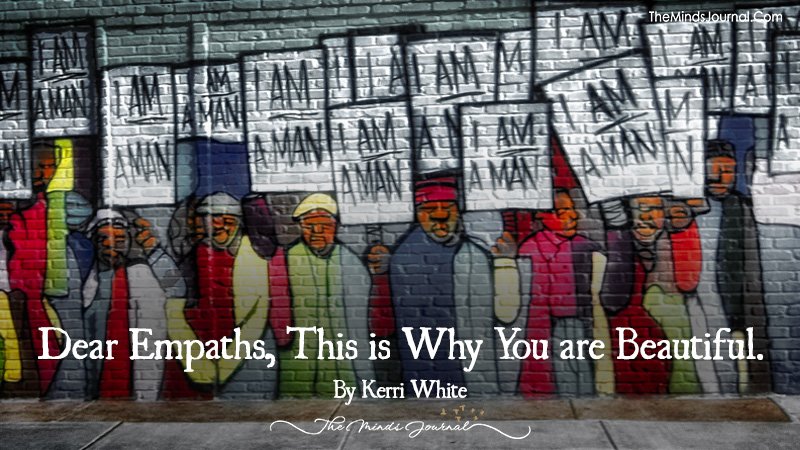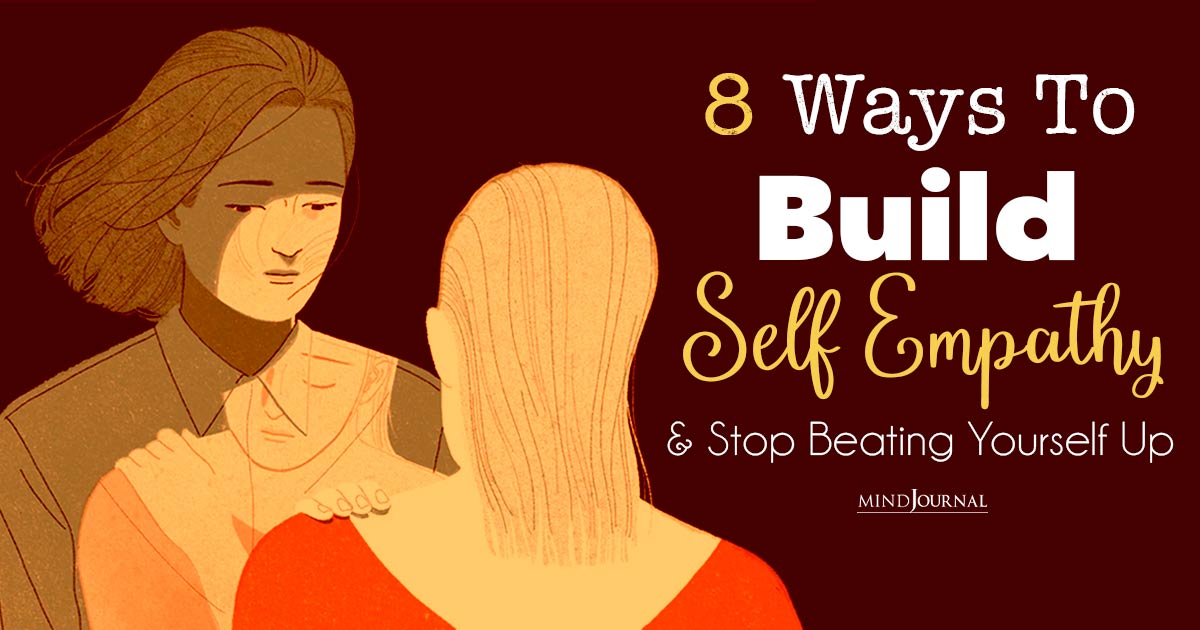Have you ever been in situations where you have felt that empathy is not being evenly or fairly shared? That’s what selective empathy is actually, and it might be more common than you think.
We often believe we’re compassionate, but sometimes, without even realizing it, we’re only empathetic towards certain people or situations. It’s a subtle behavior that can affect relationships, leaving some feeling unseen.
In this article, we are going to talk about what is selective empathy, the signs of selective empathy, and how to be more empathetic.
Related: Empath Vs Empathetic: 7 Differences Between An Empath And Empathetic Person
What Is Selective Empathy?
Selective empathy is when we show kindness and understanding to some people or situations but not to others. It happens when we care more about those we relate to or feel comfortable with, while unintentionally ignoring others.
This creates an imbalance in how we treat people, making some feel supported and others left out. Often, we don’t even realize we’re doing it. Our biases, backgrounds, or personal feelings can shape who we show empathy toward.
By recognizing that you might be doing this, you can work on spreading your empathy more evenly and being kinder to everyone around you.

7 Signs Of Selective Empathy
1. Your emotional investment is very selective.
Selective emotional investment happens when someone cares deeply about a few people but ignores others. You may be super supportive of your best friend’s problems but totally detached from a colleague’s struggles.
It’s not that you lack empathy—it’s just directed at specific people. This can make others feel overlooked or unimportant, causing tension in your relationships. Being aware of this pattern can help you show more empathy and that too evenly, so everyone feels valued.
The key is to not pick and choose who gets your empathy, but to offer it more consistently across the board.
2. You lack emotional consistency.
If someone is empathetic one moment and cold the next, they might be showing selective empathy. Your compassion comes and goes, depending on the situation or person.
This inconsistency leaves people confused and feeling unsupported. It can strain relationships when others aren’t sure whether they’ll get empathy or indifference from you.
Emotional consistency means showing up with care and understanding in all situations, not just when it’s easy or convenient. It’s about being reliable and making sure that no one feels left out or unsure of where they stand.
3. You show excessive empathy towards animals or inanimate objects.
You might show more care for their pets or belongings than for the people around you. You might get emotional over a scratched car or a sick pet but stay indifferent to a friend’s struggles.
While loving animals or objects is fine, it can feel unbalanced when humans don’t get the same level of empathy. This selective compassion can make the people around you feel like they’re less important than things.
Balancing empathy between people, pets, and objects is crucial for healthier relationships and ensuring no one feels neglected.
4. You show empathy towards things based on your personal experience.
This happens when you can only show empathy if you’ve gone through something similar yourself. If you can relate, you’ll be deeply compassionate, but if it’s unfamiliar, you might seem indifferent.
This limits your ability to support others who face different struggles. True empathy isn’t about having lived the same experiences—it’s about trying to understand someone else’s feelings, even if they’re new to you.
When you show more empathy beyond personal experience, it helps you to build stronger connections and shows you care, no matter what someone is going through.
Related: Empathic Leadership: 5 Top Traits Of Leaders Who Lead With Heart
5. You turn empathy on and off like a switch.
Turning empathy on and off means someone can be warm and caring one moment, then distant the next. Your empathy depends on your mood or who you’re with, which can leave others feeling uncertain.
It’s like you decide when to care, and it can be frustrating for those who rely on you. Building trust and strong relationships means offering consistent empathy, not just flipping the switch when it suits you.
People appreciate feeling supported, not left guessing when your empathy will show up and when it won’t.
6. You tend to dismiss and invalidate feelings.
Selective empathy often shows up as dismissing someone’s feelings, making them feel like their emotions don’t matter. You might say things like, “You’re overreacting” or “It’s not a big deal,” which shuts down any chance of empathy.
This makes others feel unheard or unimportant. True empathy means validating people’s feelings, even if you don’t fully understand or agree with them. It creates a safe space for others to share what’s on their mind without feeling judged or brushed off.
7. You have a habit of neglecting emotional reciprocity.
Do you expect emotional support, but more often than not, you don’t give back? You may lean on others when you’re struggling but fail to be there when someone else needs you.
This sort of imbalance and unfair behavior can make relationships feel one-sided and draining. Emotional reciprocity is key—it means giving and receiving support equally.
When you neglect to return empathy, it makes people feel like their emotions aren’t as important as yours, causing strain in relationships. A healthy balance of give-and-take can go a long way when it comes to building strong, supportive connections.

How To Be More Empathetic?
1. Make it your business to educate yourself.
Learning about different perspectives, cultures, and experiences expands your understanding and helps you relate better to others.
Reading, listening to stories, or engaging in conversations can help you show more empathy and break down barriers that selective empathy creates, allowing you to care more universally.
2. Recognize that you practice selective empathy toward some (and not others).
When you acknowledge your own biases, you take the first step to overcoming selective empathy.
Reflect on who you tend to show more care and compassion toward, and who you might overlook. Being aware of these patterns helps you consciously spread empathy more evenly, improving your relationships with others.
Related: 8 Ways To Build Self Empathy And Stop Beating Yourself Up
3. Put yourself in the other’s place.
How to be more empathetic? Try to imagine how someone else feels in their situation is a powerful way to develop empathy.
It allows you to step outside your own experiences and understand others’ emotions better, making it easier to connect and offer genuine support, even when you can’t fully relate to their struggles.
4. Find ways to spend social time with people you’ve “othered”.
Spending time with people you may have unintentionally distanced yourself from can break down barriers. When you have shared experiences, there’s more understanding, which then turns “others” into relatable individuals.
This time together leads to you feeling more empathetic and creates stronger, more inclusive relationships that can help you deal with selective empathy.
5. Forgive yourself and look for ways to do better.
How to be more empathetic? Recognizing selective empathy can bring feelings of guilt, but it’s important to be kind to yourself. Forgive past mistakes and focus on doing better.
By making conscious efforts to practice empathy universally, you can improve your relationships and grow as a more compassionate person.
Bottomline
Empathy isn’t just about feeling for those closest to us—it’s about expanding our hearts to everyone, even when it’s uncomfortable.
By confronting your biases and actively working to be more inclusive in your compassion, you grow into a more understanding, and empathetic person.
Related: 6 Most Empathic Zodiac Signs: Are You One of Them?
The world needs more of that, and it starts with us.










Leave a Reply